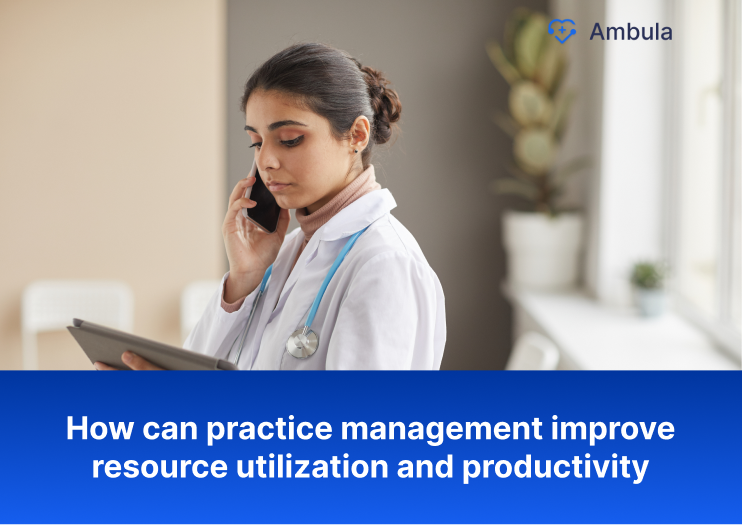
Practice management is the process of overseeing and coordinating the operations of a medical practice. It involves many tasks, including scheduling appointments, managing patient records, billing and collections, etc. One of the critical goals of practice management is to improve resource utilization and productivity. In this article, we will explore some strategies that can be used to achieve this goal.
Streamline Scheduling
One of the most critical aspects of practice management is scheduling. By streamlining the scheduling process, you can ensure that patients are seen promptly and that your practice’s resources are used efficiently. This can be done by implementing an appointment scheduling system that is easy to use and allows for real-time updates and cancellations. Additionally, it is essential to have clear policies for scheduling follow-up appointments and handling cancellations and no-shows.
Automate Billing and Collections
Another critical aspect of practice management is billing and collections. By automating these processes, you can reduce the time and effort spent on administrative tasks and free up your staff to focus on more critical studies. This can be done by implementing electronic billing and payment systems and by creating clear policies and procedures for billing and collections.
Implement Electronic Health Records
Electronic health records (EHRs) are a vital tool for practice management. They allow for the easy storage and retrieval of patient information and can be used to automate many of the tasks associated with practice management. By implementing EHRs, you can reduce the amount of time spent on administrative tasks, such as charting and coding, and improve the quality of care you provide to your patients.
Utilize Practice Management Software
Practice management software can be a valuable tool for improving resource utilization and productivity. These programs can automate many tasks associated with practice management, such as scheduling, billing and collections, and EHRs. Additionally, practice management software can provide real-time data and analytics on patient volume, appointment schedules, and billing, which can be used to identify areas for improvement and make data-driven decisions.
Monitor and Evaluate Performance
Finally, monitoring and evaluating your practice’s performance is essential. By tracking metrics such as patient volume, appointment schedules, and billing, you can identify areas where resources are wasted and make changes to improve efficiency and productivity. Additionally, it is essential to regularly assess staff performance and provide training and support when needed.
Conclusion
In conclusion, practice management is a complex process that involves a wide range of tasks. Streamlining scheduling, automating billing and collections, implementing EHRs, utilizing practice management software, and monitoring and evaluating performance can improve resource utilization and productivity in your medical practice.



